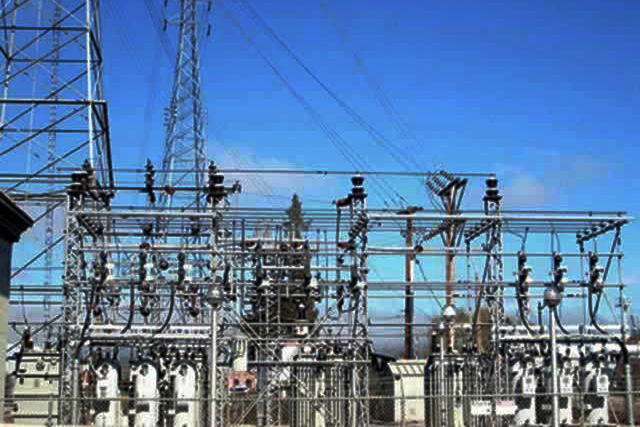
BY MTHANDAZO NYONI
ZIMBABWE’S major power plant, Kariba Hydro Power Station, will likely be shut down next month due to continued critical low water levels, a development that will pave way for deeper power cuts in the country, an official has said.
Zimbabwe Power Company (ZPC) business performance manager Bernard Chizengeya told journalists yesterday during the Zimbabwe Energy Regulatory Authority (Zera)’s energy journalism workshop in Harare that water levels at Kariba Dam were so critical to an extent that it might be decommissioned by September.
“We are going to reach what we call a minimum level where if we reach that level, we cannot use the remaining water to generate (electricity). Why is it so? The minimum level is 475 metres and currently, we are on 478m. So we are three metres above the minimum level,” Chizengeya said.
“If we keep on generating the way we are doing, by September [this year] we will actually shut down Kariba. There will be no power coming from there. So, we need to manage it,” he said.
The country is currently facing its most severe power crisis in decades, with manufacturing companies and households going for up to 18 hours a day without electricity, putting the country’s economy at risk of total collapse.
The southern African nation imports electricity from Mozambique and South Africa, but due to an acute foreign exchange shortage, the country has failed to retire debts to South African power utility Eskom and Mozambique’s Hidroeléctrica de Cahora Bassa.
As a result, Eskom cut down the power it sells to Zimbabwe from 450 megawatts to a mere 50 megawatts.
- Chamisa under fire over US$120K donation
- Mavhunga puts DeMbare into Chibuku quarterfinals
- Pension funds bet on Cabora Bassa oilfields
- Councils defy govt fire tender directive
Keep Reading
To make matters worse, other power stations like Bulawayo, Harare and Munyati have passed their lifespans.
Hwange is also facing technical challenges.
“So, when we get to this 475m, which is not very far, we are predicting that if we don’t change the way we are doing things, we will actually shut down Kariba and possibly, we will then have to wait for the inflows,” Chizengeya said.
“So that will only leave us with one power station, which has also passed its expected lifespan. We don’t have foreign currency to buy spares. We cannot do life extension. So, such is our situation in Zimbabwe,” he said.
Foreign exchange shortages have had a negative bearing on electricity supplies in Zimbabwe, with the current electricity import bill standing at $83 million, according to Energy minister Fortune Chasi.
As a result, neighbouring countries are reluctant to supply electricity to Zimbabwe.
The Zimbabwe Electricity Distribution and Transmission Company is owed $1,2 billion, with the largest chunk being by local authorities who owe the utility in excess of $300 million and government departments $32 million.











